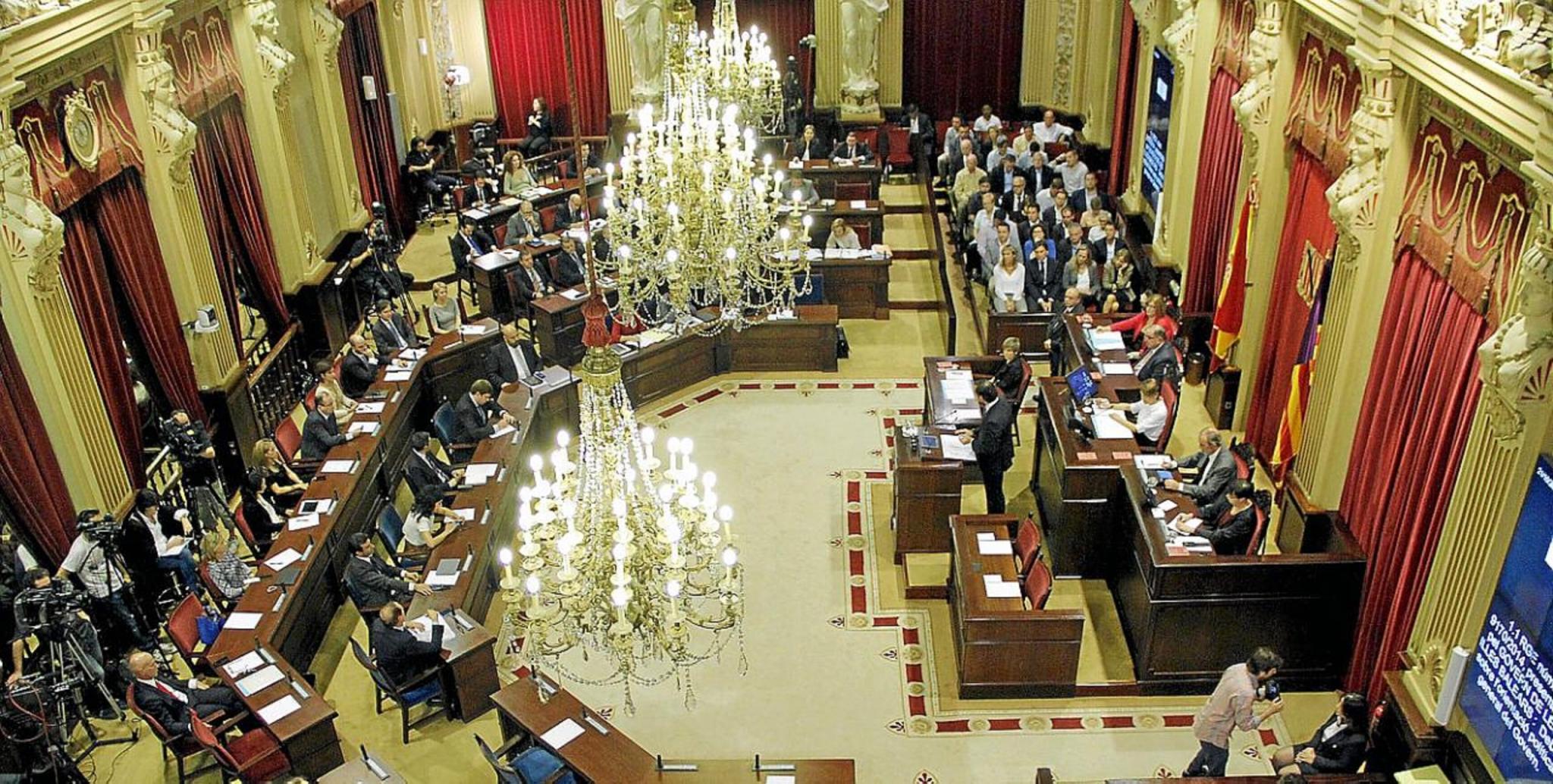Summertime, and the living is easy, particularly for parliamentarians. After all their hard labours over many a month, summertime beckons, which in Majorca means lazy days of August. The living is indeed easy; easier still. There are no throngs of tourists clogging up roads and beaches. Despite the not infrequent allusions to the “difficult” summer, it won’t seem so difficult as high summer lulls Balearic parliamentarians into a state of calmness.
The president, for example, can turn her back on a baking city and adjourn to the family summer home on the bay of Pollensa. She might even take a stroll along a “paseo marítimo” in the Barcares area without her mask. It would rather depend on the definition of this paseo and on the proximity of others (the likelihood of the latter has of course been reduced).
The Balearic parliament has broken up for the summer. Spain’s Congress broke up last week. Difficult though the times are, there is always time for summertime. In some individual cases, the break is merited. No one can surely deny the prime minister a few days of relaxation.
In the Balearics, the ministers, the 59 deputies (members of parliament), the highly paid senior officials can take themselves off and try and avoid each other and indeed all the representatives of other governments in Majorca - the Council of Majorca and Palma town hall. Were one to gather them all in one place, Covid measures would be flouted many times over by a “saturation” of politicians and officials.
Where do they all go? The president, we know, has the Pollensa bay retreat. But others? The deputies from Minorca, Ibiza and Formentera doubtless return to their home islands. The senior officials, those of them brought over from the mainland (mostly by Podemos; probably exclusively by Podemos), will be back on the mainland.
Given this, here’s a question? Do they still receive their living allowance for the inconvenience of having to be based in Majorca? There are 26 deputies in all who aren’t Majorcan, each of them entitled to up to 22 grand a year on top of the basic, an allowance that certain ones in particular have shown a great reluctance to give up. The agriculture minister, Mae de la Concha (Podemos) certainly; she made clear that she would struggle to survive without the 22 grand and ministerial salary (in the 60 grand region).
Here’s a further question. During lockdown, if these non-Majorcans were unable to travel to Majorca, did they get the allowance? Travel was possible for essential work reasons, but then there was the business of the “habitual residence”, the one in which we were all expected to stay put. Or were daily return flights to the other islands conveniently scheduled? Er ... .
Parliament’s summer break has aroused some comment. Why are the deputies off on their holidays when they have had a comparatively easy time of it lately? Yet a further question is - why are there so many of them? Does the Balearic parliament require one deputy for roughly every 20,000 people resident on the islands?
There were originally 52 deputies. This number lasted for just the first four-year period of the new Balearic parliament, when it was constituted in 1983. By 1987, there were 59. On this basis, perhaps the number of deputies should have increased. In 1987, it was one for around 12,000 people.
There is a system for determining the number of deputies. All the regional parliaments are governed by this system. It is linked to population, but it throws up anomalies, such as the one in the Balearics. The national benchmark is one parliamentary deputy per 40,000 people. In Andalusia, where the population is approximately eight times greater than in the Balearics, the ratio is practically double this benchmark - one for 80,000.
Five years ago, the then president of the Balearics, José Ramón Bauzá of the Partido Popular, brought a motion before parliament. It was to reduce the number of deputies by sixteen. This proposal, he argued, was not a means of attempting to shore up the PP’s position in parliament; it was a cost-cutting exercise. Seven million euros could be saved, a colossal amount which he didn’t really explain as it certainly bore no relation to deputies’ salaries alone. His motion failed. The PP had a majority at that time, but for this proposal, two-thirds of the house had to agree. Two-thirds did not.
Even with his proposed reduction, the ratio would have been well lower than the national benchmark. Not that this would have cut much ice with Bauzá’s opponents. Fifty-nine was the number, and fifty-nine remains the number. Since 2015, the debate has not resurfaced, although one fancies that Vox might be inclined to give it a go.
And so, the 59 are off on their holidays, happy in the knowledge that they never agreed to a pay cut because of the virus, albeit there were voluntary donations to fight the virus.


1 comment
To be able to write a comment, you have to be registered and logged in
Hopefully Brussels will do some trimming, if not there will be riots in the streets when pensions are reduced.